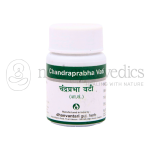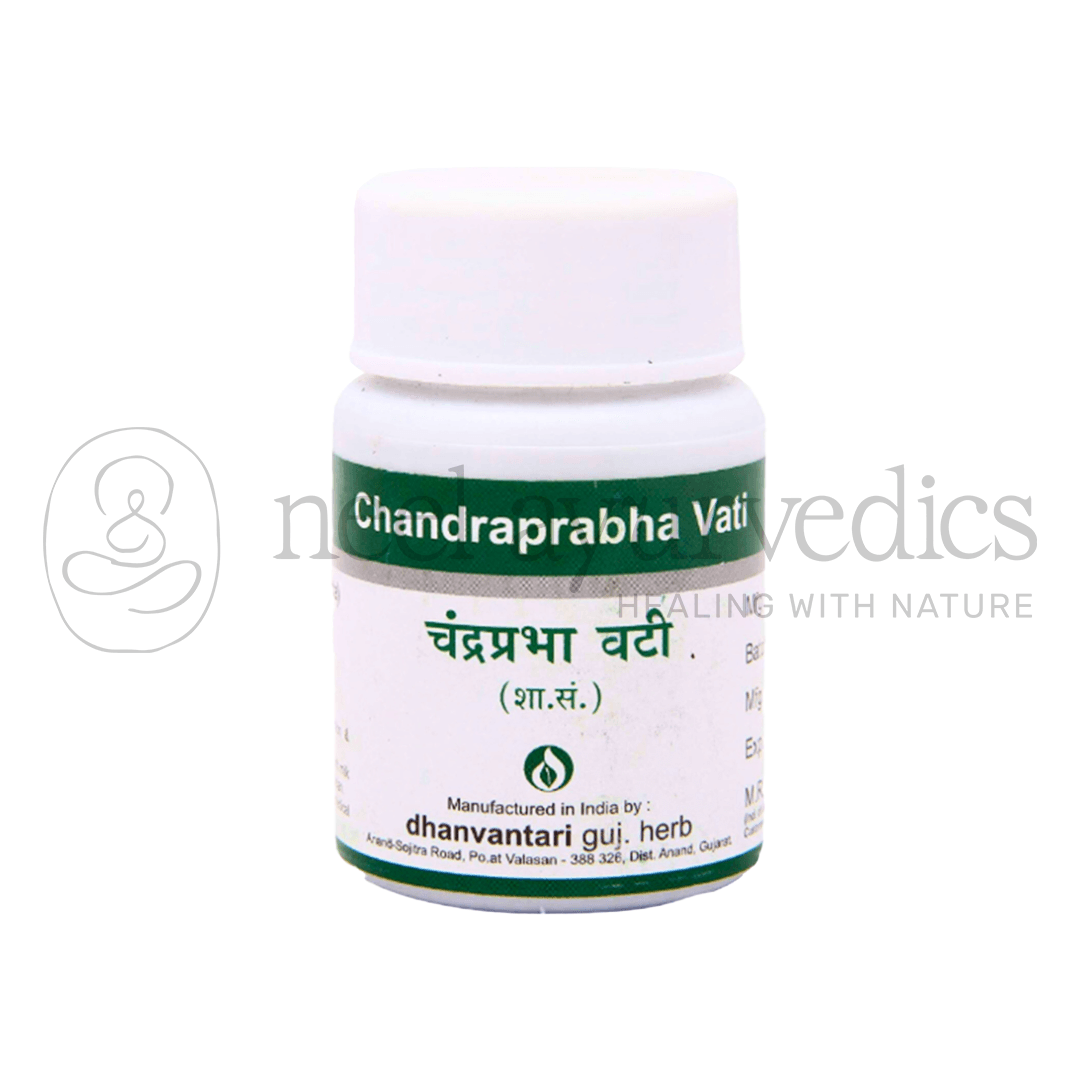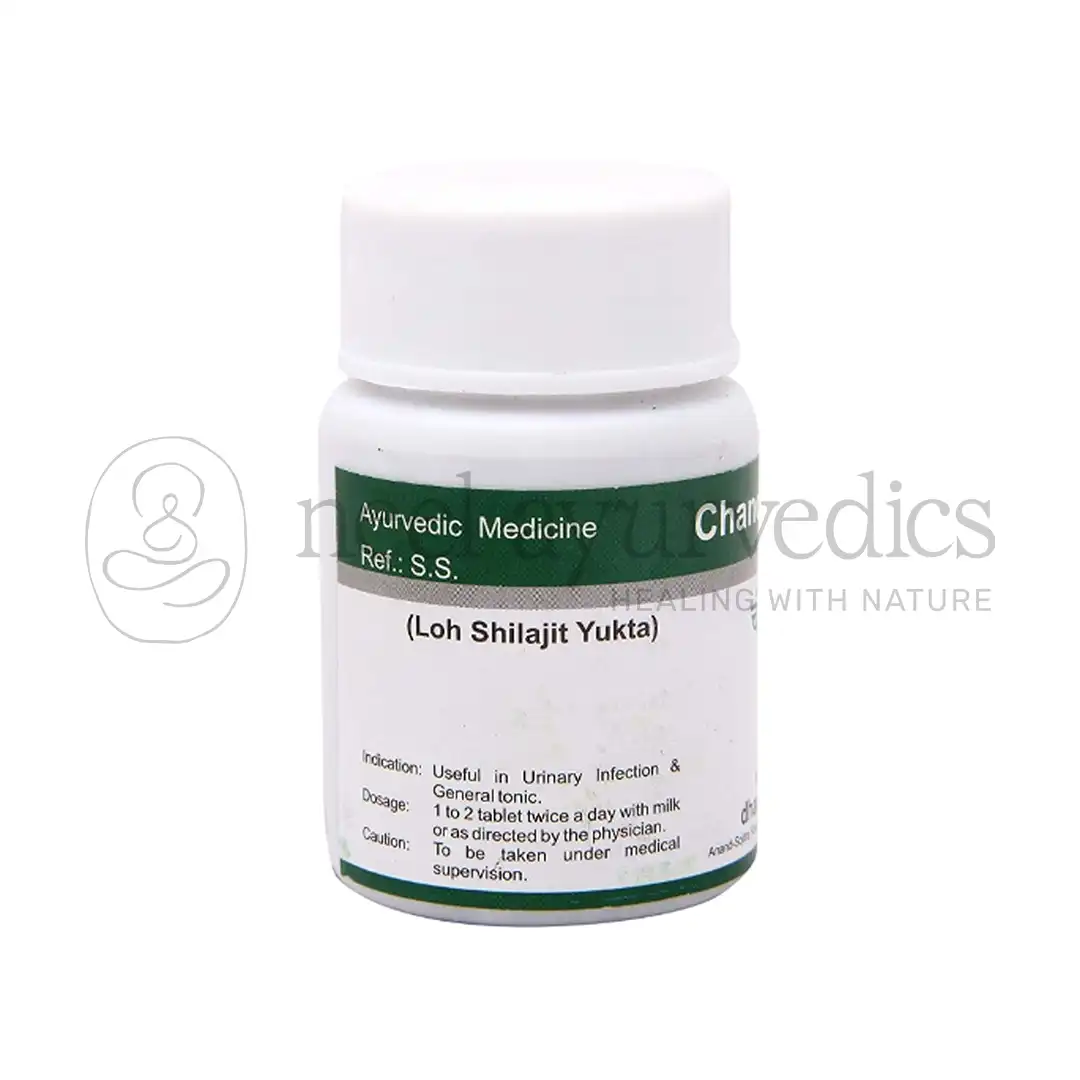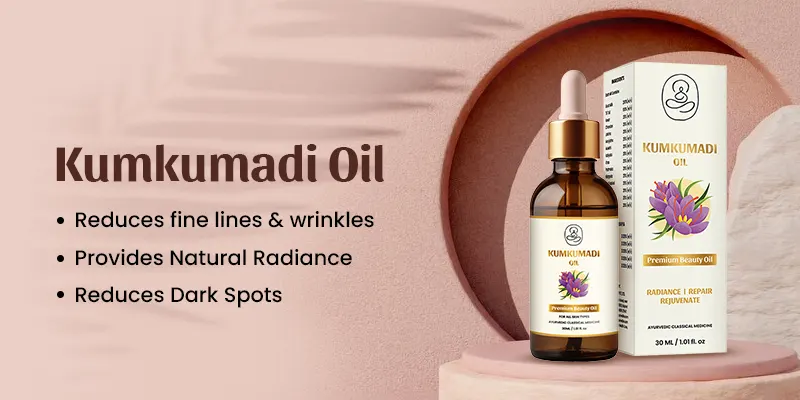Dhanvantari Chandraprabha Vati is a traditional Ayurvedic formulation commonly used for a variety of therapeutic purposes, particularly for promoting overall health and addressing specific ailments related to digestion, metabolism, and urinary function. It is often available in the form of tablets or grams and has been a part of Ayurvedic practice for centuries. Here’s a detailed description of its components, uses, and benefits:
Ingredients :-
Dhanvantari Chandraprabha Vati is made from a blend of natural herbs and minerals, which work synergistically to enhance its therapeutic effects. Some of the key ingredients often include:
- Chandraprabha: A central ingredient, it is a compound known for its cooling and purifying properties. It is traditionally used to balance the doshas, particularly Pitta (heat) and Kapha (mucus).
- Amla (Indian Gooseberry): Rich in vitamin C and antioxidants, it helps in detoxification and immune system strengthening.
- Haritaki: Known for its laxative and digestive properties, it also helps in cleansing the body.
- Bibhitaki: Works in conjunction with Haritaki and Amla as part of the Triphala formula, improving digestion and metabolism.
- Guggulu: A resin that helps in balancing lipid levels in the body and reducing inflammation.
- Shuddha Gandhaka (purified sulfur): Acts as a detoxifying agent and helps improve the skin and metabolism.
- Giloy (Tinospora Cordifolia): Known for its immune-boosting properties, Giloy also helps reduce fever and inflammation.
Other herbs that may be present include Shatavari, Vidanga, Triphala, and various others, each offering additional health benefits, such as enhancing digestive fire (Agni), supporting liver function, and reducing the burden of toxins (Ama) in the body.
Benefits :-
Dhanvantari Chandraprabha Vati is commonly prescribed in Ayurveda for a variety of health concerns. Some of the key benefits include:
- Improves Digestion: The formulation helps to improve digestive health by promoting better digestion, reducing bloating, and alleviating constipation. It supports a balanced digestive fire (Agni) and enhances the absorption of nutrients.
- Urinary Health: It is commonly used to treat conditions related to the urinary tract, including urinary retention, dysuria (painful urination), and urinary infections. The formulation has diuretic properties, which help in the elimination of toxins through urine.
- Supports Detoxification: By helping the body to expel toxins, the formulation supports detoxification and aids in reducing the effects of accumulated waste products (Ama).
- Liver Health: Some ingredients in Dhanvantari Chandraprabha Vati, such as Amla and Giloy, contribute to detoxifying and supporting the liver. It can help enhance liver function and is sometimes used as a supportive treatment for liver-related conditions.
- Enhances Metabolism: The combination of herbs promotes a balanced metabolism, and can be beneficial in treating obesity and other metabolic disorders.
- Promotes General Wellness: With its rejuvenating properties, the formulation is used to improve vitality and overall health. It can be taken as a preventive measure to support overall well-being and balance the doshas.
- Anti-inflammatory and Pain Relief: The formulation is also used for its anti-inflammatory properties, particularly in cases of joint pain, gout, or conditions like arthritis.
- Skin Health: The detoxifying nature of the formulation can contribute to clearer skin and improved complexion by addressing internal imbalances that lead to acne and other skin issues.
- Supports Reproductive Health: Some Ayurvedic practitioners may use this formula to support reproductive health in both men and women by improving circulation and balancing the body’s systems.
Dosage :-
Dhanvantari Chandraprabha Vati is generally taken in tablet or gram form. The typical dosage varies depending on the individual’s condition, age, and body type (Prakriti). However, a general guideline is:
- For Adults: 1-2 tablets, 2-3 times a day, after meals with warm water, as directed by an Ayurvedic practitioner.
- For Children: The dosage is usually reduced, and an Ayurvedic professional should be consulted for precise recommendations.













Reviews
There are no reviews yet